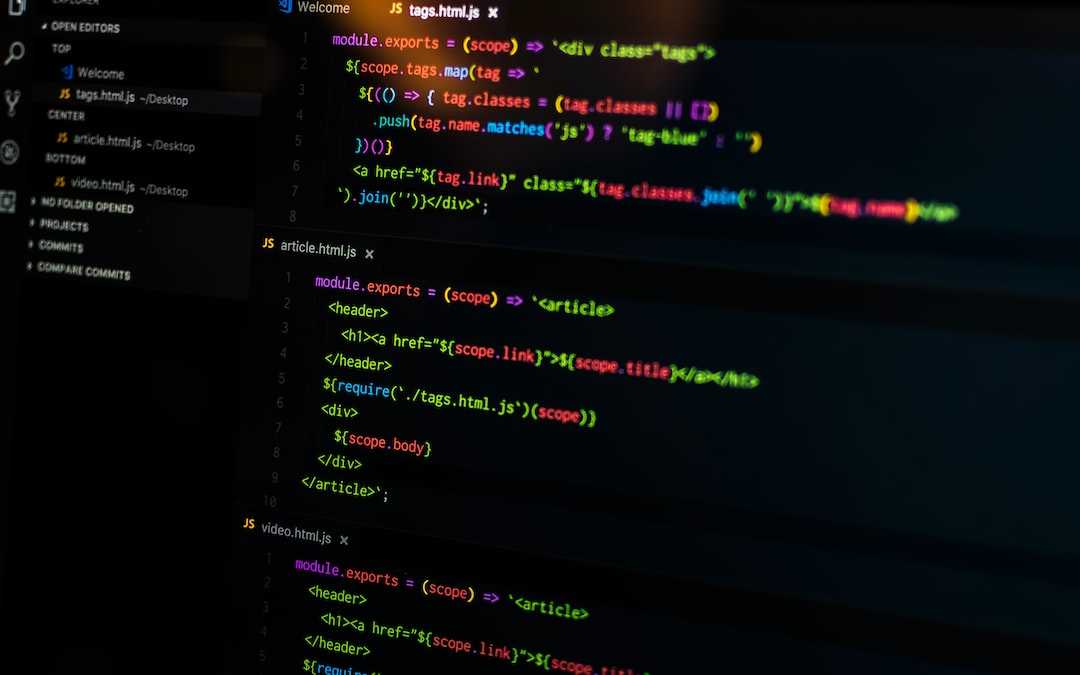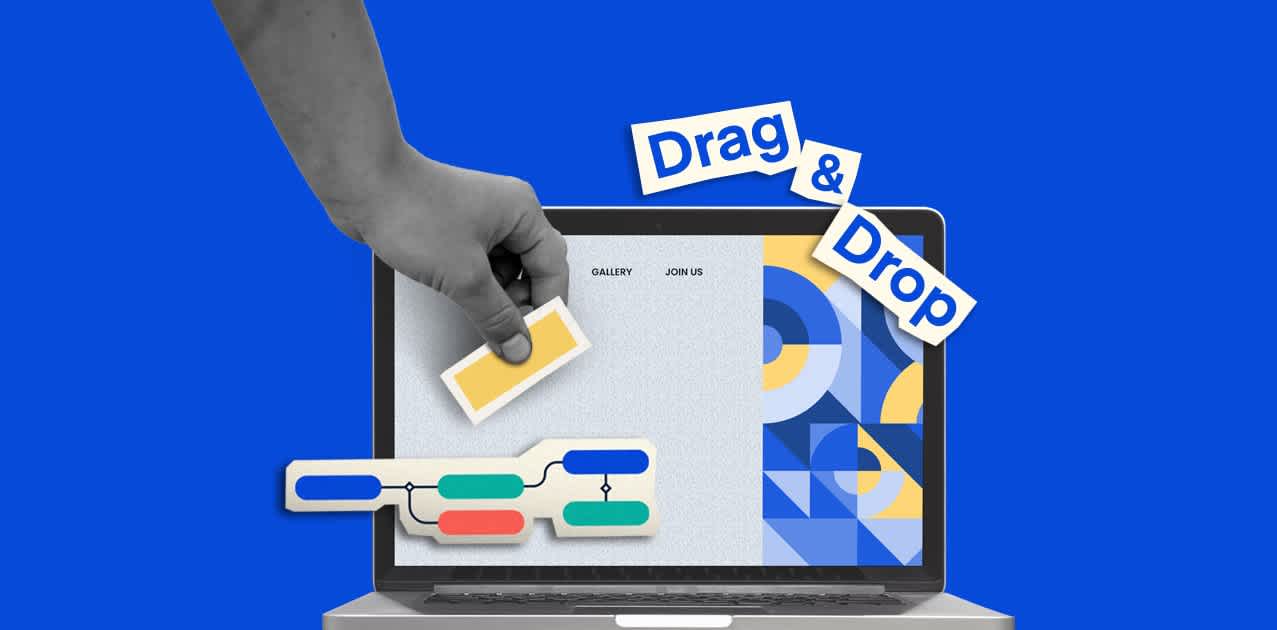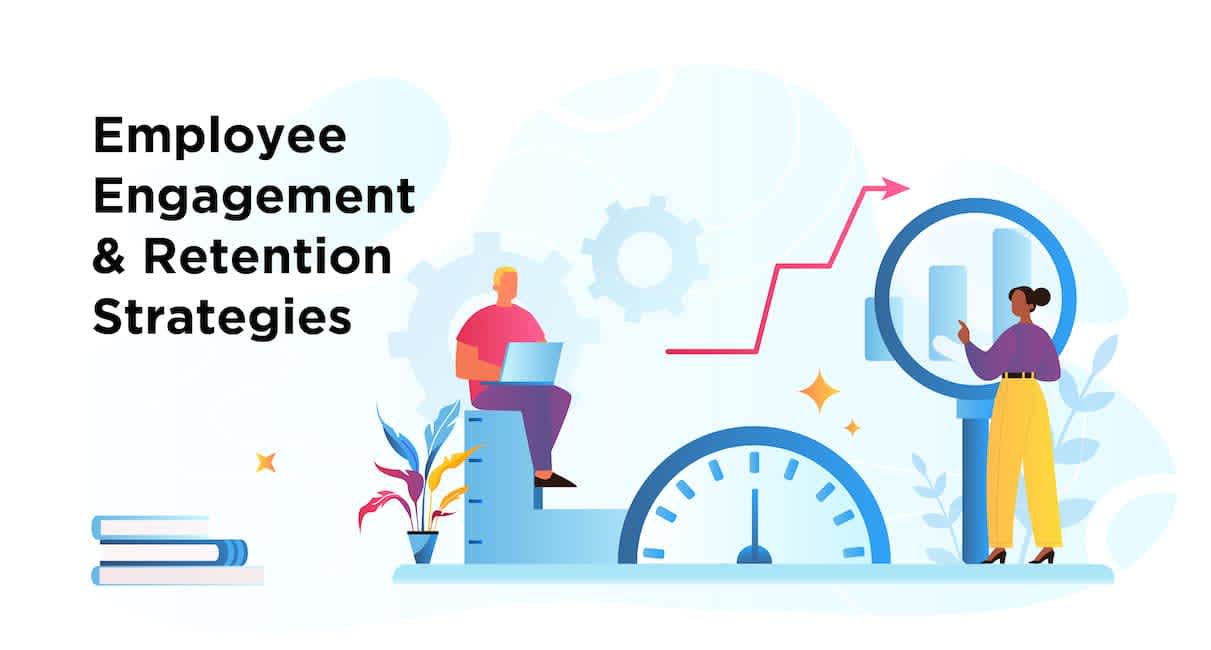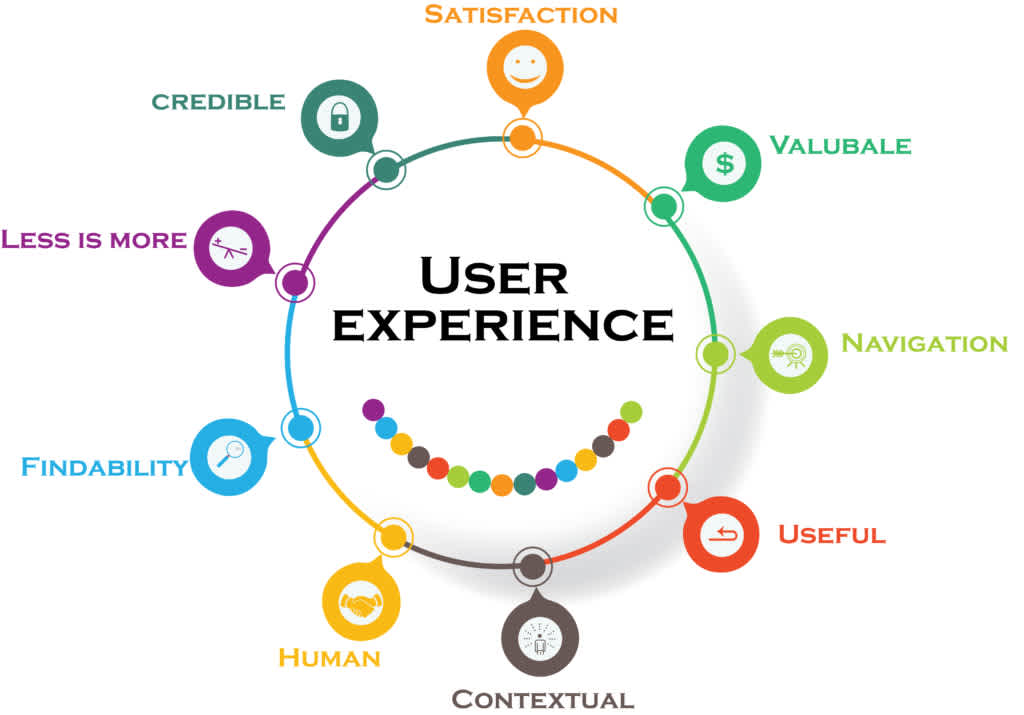Whether you are a beginner or an experienced programmer, there is always room for improvement. With the ever-evolving nature of technology, staying ahead of the curve requires continuous learning and adapting.
The importance of mastering programming skills
Develop a Strong Foundation
To become a proficient programmer, it is crucial to build a strong foundation. This means understanding and mastering the basics of programming concepts, such as variables, data types, loops, conditionals, and functions. Take the time to learn a programming language thoroughly and practice writing code regularly. Start with simple programs, gradually progressing to more complex ones.
Additionally, familiarize yourself with fundamental algorithms and data structures, as they form the backbone of programming. Understanding how to efficiently manipulate data will improve the performance of your code.
Remember, the key to mastery lies in practicing consistently and seeking opportunities to apply your knowledge. Building a solid foundation will set you up for success as you continue your journey to become a skilled programmer. Stay tuned for more tips and tricks in our next blog section!

Setting goals and staying focused
Utilize Online Resources and Communities
In today's digital age, there are abundant online resources and communities available to help you learn and master programming. These resources include websites, tutorials, forums, and online courses that cater to various programming languages and skill levels.
When utilizing online resources, be sure to choose reputable and trusted sources. Look for websites and platforms that are recommended by experienced programmers or have a strong community following. This will ensure that you are learning from reliable and up-to-date information.
Engaging with online communities is another valuable way to enhance your programming skills. Join forums, participate in discussions, and connect with like-minded individuals who share your passion for coding. Collaborating and exchanging ideas with others can provide valuable insights and help you stay motivated on your learning journey.
By leveraging the power of online resources and communities, you can access a wealth of knowledge and expertise that will greatly contribute to your programming success.

Finding the right resources and tools
Challenge Yourself and Step Out of Your Comfort Zone
Becoming a proficient programmer requires continuously challenging yourself and pushing beyond your comfort zone. This not only helps you grow your skills but also keeps you motivated and engaged in the learning process.
One effective way to challenge yourself is by taking on projects that stretch your abilities. Choose projects that require you to learn new techniques and technologies, and push yourself to solve complex problems. This will force you to think creatively and develop innovative solutions.
Additionally, don't be afraid to explore different programming languages and frameworks. While it's important to become proficient in a specific language, diversifying your skill set can open up new opportunities and enhance your problem-solving abilities.
Practicing regularly and continuously learning
In the fast-paced world of programming, continuous learning and adaptability are crucial for staying relevant and remaining successful. Technology is constantly evolving, and as a programmer, you need to be able to keep up with the latest trends and developments in order to stay competitive.
One of the best ways to ensure continuous learning is by staying updated with industry news and following influential programmers and tech blogs. This will allow you to stay informed about new programming languages, frameworks, and tools that can help streamline your workflow and improve your skills.
Moreover, don't shy away from learning new technologies and methodologies. Keep an open mind and embrace change. Be willing to explore different approaches, experiment with new frameworks, and update your knowledge regularly.
Networking and collaborating with other programmers
Key Qualities of a Successful Programmer
Becoming a successful programmer requires more than just technical skills. It also entails possessing certain qualities that set you apart from the rest. In this next section, we will delve into the key qualities that successful programmers possess.
1. Problem-solving skills: Successful programmers excel at identifying problems and finding logical solutions. They have a knack for breaking down complex problems into smaller, more manageable components.
2. Attention to detail: Programming is a meticulous task that requires meticulously written code. Successful programmers pay close attention to details, ensuring their code is clean, optimized, and error-free.
3. Collaboration and communication: Programming is rarely a solitary endeavor. Successful programmers have excellent collaboration and communication skills, enabling them to effectively work in teams, understand client requirements, and collaborate with other stakeholders.
4. Persistence and perseverance: Programming can be challenging and demanding. Successful programmers display a high level of persistence and perseverance, never giving up when faced with obstacles or complex problems.
5. Curiosity and continuous learning: Successful programmers have an insatiable curiosity to explore and learn new technologies, languages, and frameworks. They constantly seek opportunities to expand their knowledge and stay updated with industry trends.
These qualities, combined with technical expertise, form the foundation of a successful programmer. Stay tuned for our next blog section, where we will discuss how to cultivate these qualities and become a well-rounded programmer. Keep programming and never stop learning!

The value of problem-solving and troubleshooting
Cultivating Key Qualities: Tips to Become a Well-Rounded Programmer
Now that we have identified the key qualities of a successful programmer, it's time to discuss how to cultivate these qualities and become a well-rounded programmer.
1. Enhance problem-solving skills: Practice solving programming problems regularly. Engage in coding challenges, puzzles, and algorithmic exercises to sharpen your problem-solving abilities. Additionally, seek opportunities to work on real-world projects that require you to strategize and find innovative solutions.
2. Develop attention to detail: Pay close attention to coding conventions and best practices. Review and refactor your code to ensure clarity and readability. Utilize automated testing frameworks and tools to catch errors early on. Cultivate a mindset of constantly striving for clean and efficient code.
3. Strengthen collaboration and communication skills: Join programming communities and forums to collaborate with like-minded individuals. Contribute to open-source projects and work in a team environment whenever possible. Practice effective communication by documenting your code, actively participating in code reviews, and providing clear explanations to your teammates.
4. Foster persistence and perseverance: Embrace challenges and setbacks as opportunities for growth. Instead of getting discouraged, view them as chances to learn and improve. Break down complex problems into smaller, more manageable tasks to maintain momentum and prevent overwhelm. Seek guidance and support from experienced programmers to overcome obstacles.
5. Nurture curiosity and continuous learning: Stay updated with the latest technologies and programming languages through books, online courses, and tutorials. Experiment with different tools and frameworks to expand your skillset. Attend conferences, workshops, and meetups to network with industry professionals and gain insights into emerging trends.

Developing a growth mindset
Utilizing Available Resources: Tools and Strategies for Continued Improvement
Mastering programming requires a commitment to continual improvement. In this section, we will explore the various resources and strategies you can utilize to enhance your programming skills and stay ahead in a fast-paced industry.
1. Online Learning Platforms: Take advantage of online learning platforms such as Udemy, Coursera, and Pluralsight. These platforms offer a wide range of courses taught by industry experts, allowing you to learn at your own pace and acquire new skills in specific programming languages or technologies.
2. Open-Source Projects: Contribute to open-source projects on platforms like GitHub. This not only allows you to work on real-world projects but also provides an opportunity to collaborate with experienced developers and gain valuable feedback on your code.
3. Coding Challenges and Hackathons: Participate in coding challenges and hackathons to test your skills, solve challenging problems, and develop innovative solutions within a limited timeframe. Websites like LeetCode, Topcoder, and HackerRank offer a variety of coding challenges and competitions.
4. Networking and Mentorship: Network with other programmers, attend local meetups, and engage in online communities such as Stack Overflow or Reddit. Connecting with peers and mentors can provide valuable insights, feedback, and guidance to help you grow as a programmer.
5. Personal Projects and Freelancing: Undertake personal projects or freelance work to apply your skills in practical scenarios. This allows you to build a portfolio and gain experience in different domains while showcasing your abilities to potential employers.
Embracing challenges and pushing boundaries
Constantly exploring new technologies and staying updated
The field of programming is constantly evolving, with new technologies and frameworks being introduced regularly. To stay ahead in this ever-changing industry, it is crucial to cultivate a habit of constantly exploring new technologies and staying updated with the latest trends.
10. Reading books and industry blogs
Books and industry blogs are an invaluable source of knowledge and insights. They provide in-depth explanations, real-world examples, and expert opinions on various programming concepts and techniques. Make it a habit to read programming books and follow reputable industry blogs to expand your understanding and stay informed about the latest best practices.
11. Attending conferences and workshops
Attending conferences and workshops not only provides an opportunity to learn from industry experts but also allows you to connect with like-minded individuals and expand your professional network. Keep an eye out for programming conferences and workshops happening in your area or consider attending virtual events.
Continuous improvement through code reviews and feedback
Conclusion
Remember, the world of programming is vast and ever-evolving, and success lies in your ability to adapt and embrace new technologies. By constantly exploring, learning, and seeking feedback, you can position yourself as a skilled programmer who is ready to tackle any challenge that comes your way.



